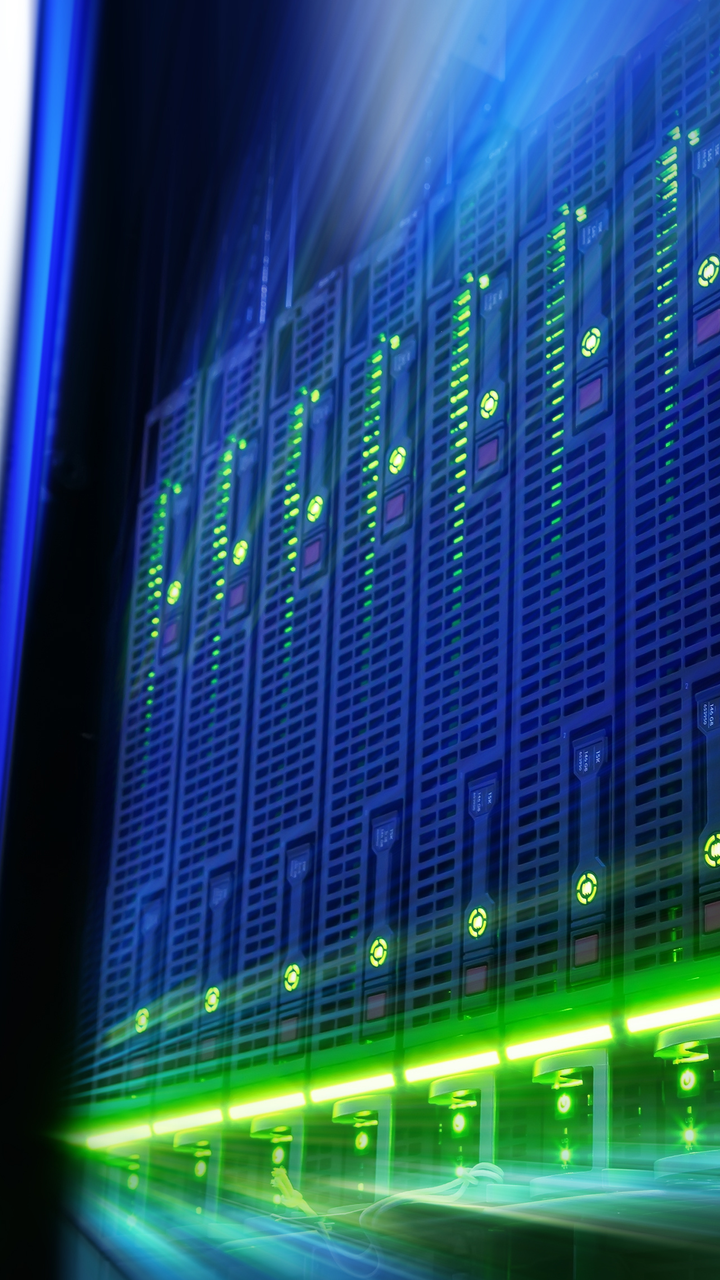Water Efficiency Opportunities for Data Centers
Setting Benchmarks, Managing Costs and Tracking Requirements

Water is essential to data center operations and historically seen as a relatively low-cost choice to keep data centers cool. But climate change and increasing regulations now make water an uncertain commodity, meaning planning and preparing for current and future water needs will require a proactive water management strategy. A successful strategy includes three elements: setting benchmarks, managing costs and tracking requirements.
Set Benchmarks
The first step is to set a benchmark for water usage effectiveness, which tracks water used for energy generation and supply chain. According to Uptime Institute’s 2021 data center survey, only 51 percent of data centers monitor water use. By monitoring water use, data center operators position themselves for long-term water security. When benchmarks are set and plans are in place, this foundation facilitates strategic decision-making and investment planning across an enterprise, driving innovation, value and business growth.
Manage Costs
How a site uses water has an impact on operational costs, reliability and efficiency, all of which affect a data center’s bottom line. Using water efficiently by operating cooling systems in peak conditions can reduce both water and power utility costs. Water quality issues including scaling, corrosion and contamination can inhibit the function and lifecycle of a cooling system and decrease operational efficiencies. Implementing a program to monitor water quality, detect issues within the cooling system, and regularly monitor water meters can quickly identify issues that could increase operational costs.
Track Sustainability Requirements
Uncertainty, fueled by climate change, is putting water insecurity in the spotlight. Droughts are threatening water-stressed areas where water cannot be replenished faster than it’s used. This impacts water consumption as well as aquatic ecosystems. Municipalities are starting to plan for climate impacts by requiring near- or zero-water consumption to obtain permits. Businesses are becoming more environmentally conscious and putting pressure on suppliers to reach sustainability targets. Colocation and cloud providers should expect to see water usage effectiveness targets alongside the expected greenhouse gas emission mandates from their customers. A robust water management strategy can provide a roadmap to create sustainable water practices for overcoming climate impacts.
As data centers continue to expand in megawatts, footprint and locations, a well-defined water management strategy will be essential to sustaining 24/7 up time, optimizing data centers and reducing water-related risks.
